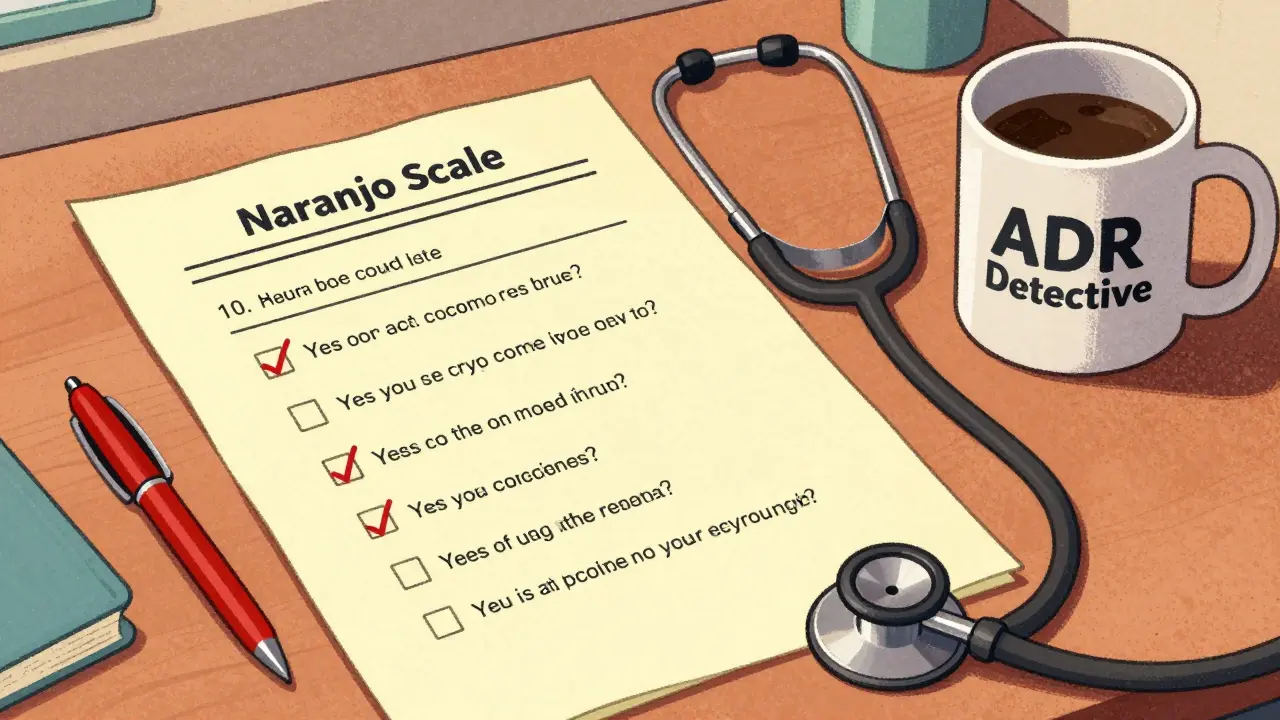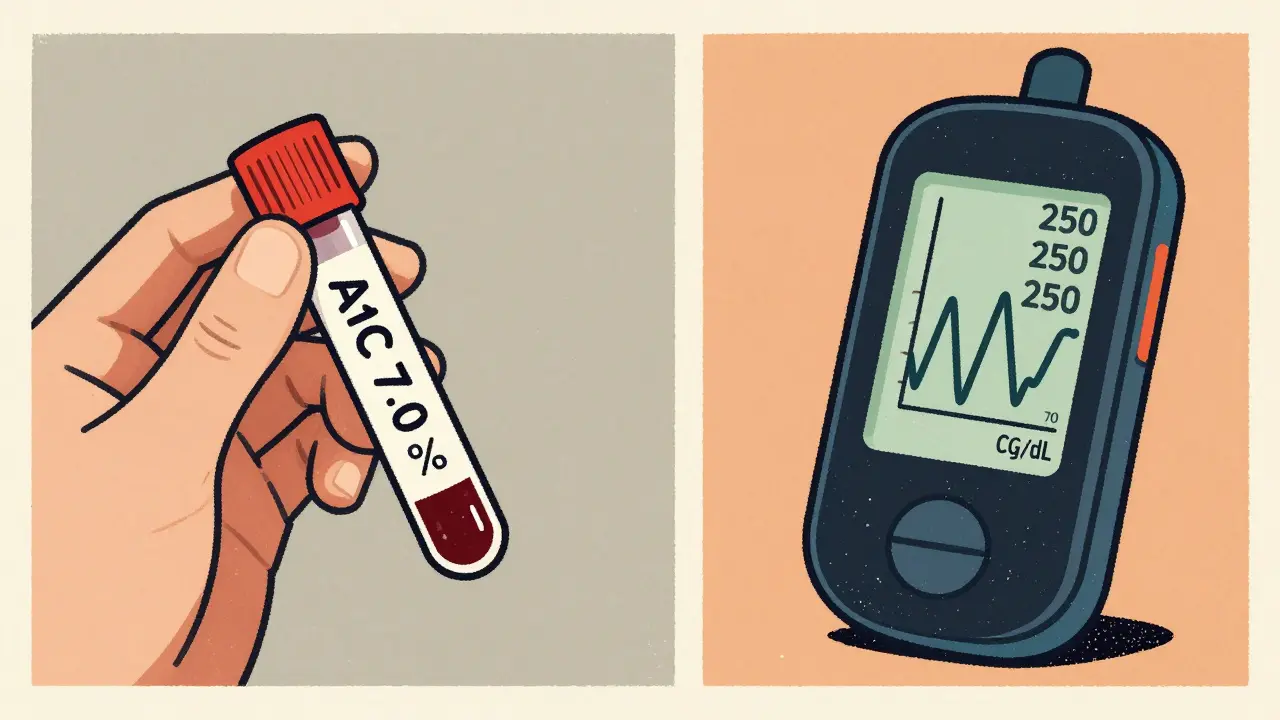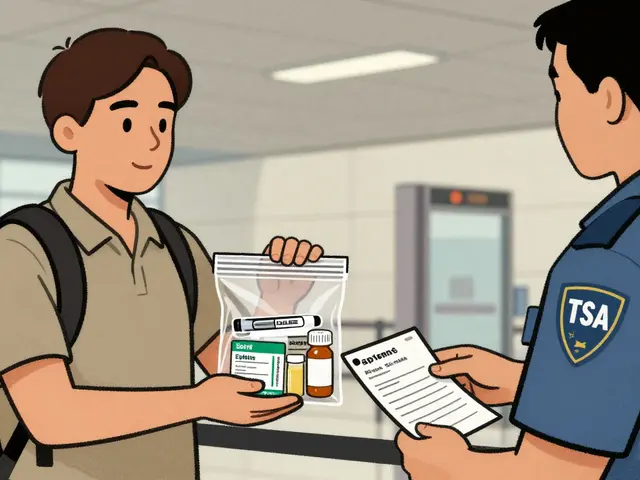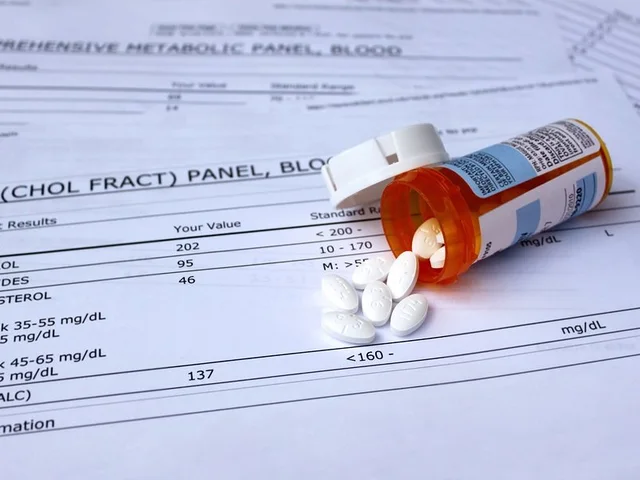Health and Medicine — Practical guides you can use today
Looking for straight answers about medicines or conditions without the jargon? This category collects clear, practical articles on common and complex topics: blood thinners, diabetes meds, transplant care, infections, and drug safety. Each piece explains what the drug or disease does, who needs to worry, and what to watch for.
Featured topics you’ll find here
Rivaroxaban and anticoagulation: want to know if rivaroxaban still leads the pack? Our article compares it to newer blood thinners, lays out risks like bleeding, and explains when a doctor might pick rivaroxaban over other NOACs. Expect plain comparisons, real-world tips, and a look at what the science is saying about future options.
Metformin and weight loss: recent studies from major centers have shown metformin can trigger pathways similar to exercise, helping with weight control for some people with diabetes or insulin resistance. We break down who might benefit, what the research actually shows, and simple lifestyle steps that work with the drug.
Lenalidomide for graft-versus-host disease (GVHD): if you or a loved one had a stem cell or bone marrow transplant, GVHD is a top concern. Our coverage walks through how lenalidomide is being used to calm immune reactions, what outcomes look like so far, and which patients are currently considered for this therapy. We point to ongoing research without promising results that aren’t proven.
Leprosy and the immune system: leprosy still exists and can be confusing. The article explains the two main forms—how tuberculoid and lepromatous leprosy affect immunity differently—and highlights early signs, common nerve problems, and why prompt treatment prevents lasting damage.
Ofloxacin and liver safety: ofloxacin is a useful antibiotic, but like many drugs it can affect the liver in some people. Read our practical checklist for when to avoid it, what symptoms to watch for (dark urine, persistent nausea, yellowing skin), and how doctors monitor liver function during treatment.
How to use these guides
Start with the article that matches your question. Each post gives a short summary, key risks, monitoring steps, and when to call a doctor. We aim for quick answers you can act on—whether that means asking a smarter question at your next visit or spotting an early side effect.
Quick safety tips: always tell your provider about other meds and supplements, ask if blood tests are needed, and keep a simple medicine list in your phone. If something feels off after starting a drug—new pain, fever, jaundice, or severe bleeding—seek medical help right away.
Want deeper reading? Each article links to studies and trustworthy sources so you can learn more. If you don’t see the topic you need, the site search and categories make it easy to find focused articles on drugs, diseases, and practical treatment advice.

Sensorineural hearing loss is permanent inner ear damage caused by worn-out hair cells or nerve damage. It's the most common type of hearing loss, affecting 30 million U.S. adults. Hearing aids and cochlear implants can help, but there's no cure.
Continue Reading

Learn how gallstones form, what causes cholangitis, and how ERCP treats bile duct blockages. Understand when surgery is needed, what to expect after removal, and the latest advances in treatment.
Continue Reading

Stroke recovery isn't about returning to the past - it's about rebuilding a new normal. Learn how neuroplasticity, targeted therapy, and consistent rehab help people regain function after brain injury.
Continue Reading

Home hemodialysis offers flexibility and better health outcomes for kidney patients, but requires training, a care partner, and the right schedule. Learn how it works, what to expect, and who benefits most.
Continue Reading

Lyme disease is a tick-borne infection that can cause serious health problems if untreated. Learn the stages, symptoms, treatment timeline, and how to prevent it before it's too late.
Continue Reading
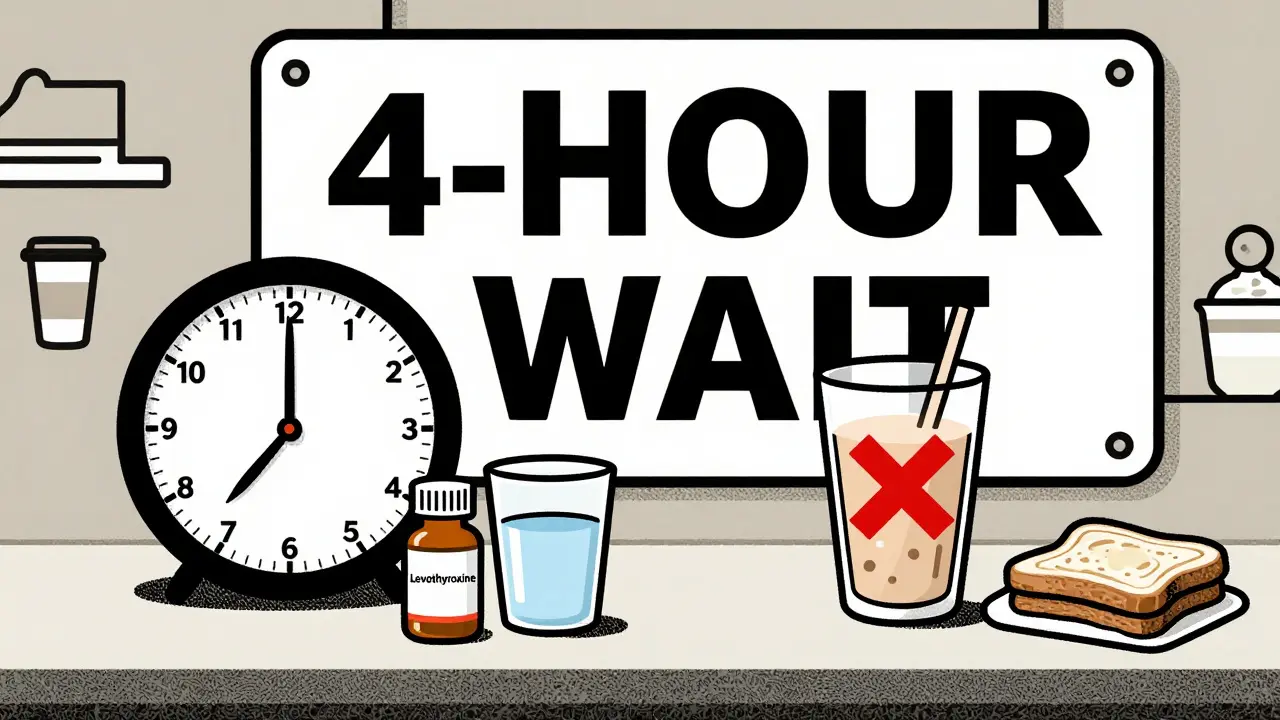
Learn how protein shakes interfere with levothyroxine absorption and discover the 4-hour timing rule that keeps your thyroid medication working. Morning or evening dosing? Which protein is safest? Real data, real results.
Continue Reading

Fentanyl in counterfeit pills is killing thousands. Learn how these fake drugs are made, why they're so deadly, and what steps you can take to prevent overdose - including test strips and Narcan.
Continue Reading







